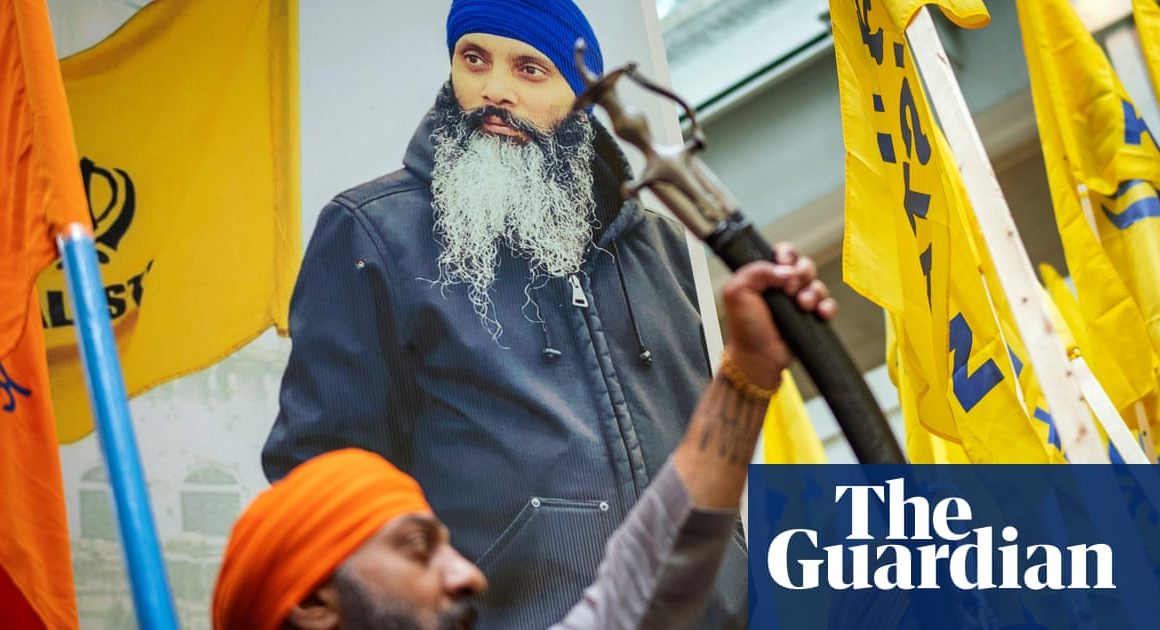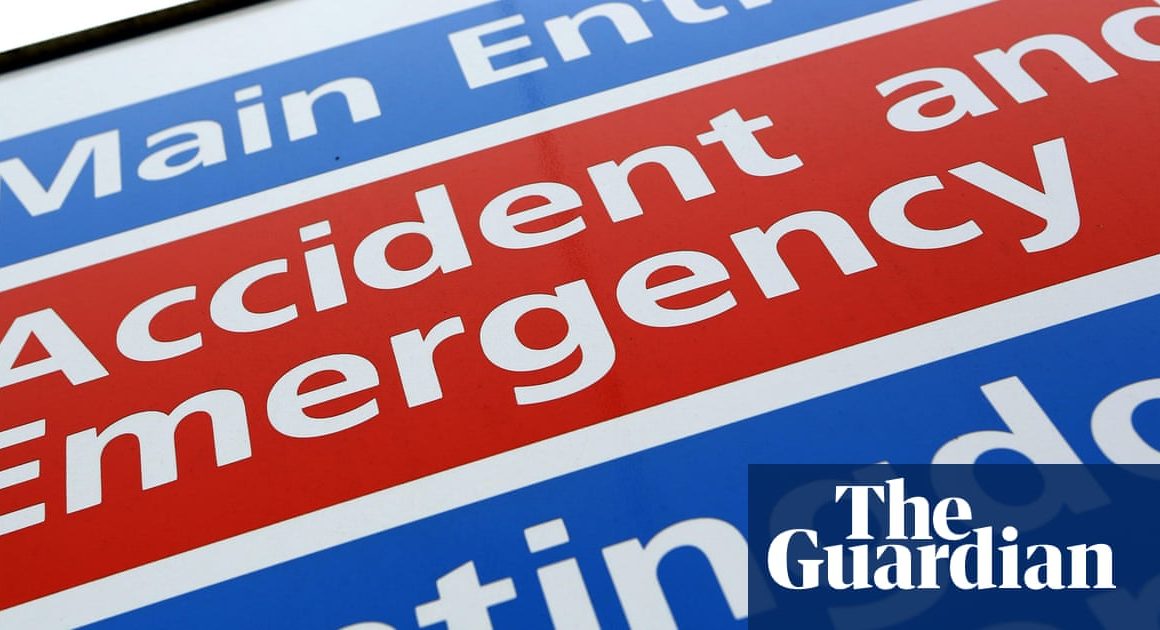More than 9 million people in the UK experience levels of poverty and hunger so extreme they are vulnerable to reliance on charity food handouts, according to research.
A report by the charity Trussell found Labour would fail to deliver its manifesto promise to remove the “moral scar” of food banks unless it tackled low household incomes in this group, which amounted to one in seven of the population.
There were 1 million more people in what the report defined as “hunger and hardship” – living on income at least 25% below the relative poverty line – than five years ago, and nearly 3 million more than there were two decades ago, the study found.
Trussell said the rapid growth in recent years of households in this kind of deep poverty – meaning they regularly struggled to afford food, heating, clothing and other everyday basics – had driven food bank use to record levels.
The charity’s chief executive, Emma Revie, said: “It’s 2024 and we’re facing historically high levels of food bank need. As a society, we cannot allow this to continue. We must not let food banks become the new norm.”
Children were at high risk of facing hunger and hardship, with a fifth of all UK youngsters falling into this category. A third of larger families – those with three or more children – were also at high risk of dependency on charity food.
Trussell stopped short of calling for the chancellor, Rachel Reeves, to immediately abolish the two-child benefit limit at this month’s autumn statement, despite its disproportionate impact on the finances and wellbeing of larger families.
While the charity believes abolishing the two-child limit would cut child poverty levels in larger families, it would do little to immediately address the needs of most people at high risk of food bank use, including many disabled people and unpaid carers.
“We know that removing the two-child limit would be a positive step for larger families and we agree that it is a vital part of addressing this issue but, as indicated by this research, the majority of people who are facing hunger and hardship would not benefit from that one change alone,” said Trussell’s director of policy, Helen Barnard.
The chancellor is expected in the short term to resist pressure from poverty campaigners and backbench Labour MPs to abolish the two-child limit. The Treasury believes the £3bn cost of abolishing the much-criticised Tory policy is now unaffordable given the competing demands for investment across public services.
Trussell says fixing the UK’s outdated and stingy benefits system is vital to cut food bank use and, as a first step, has called on ministers to protect the incomes of 2.2 million people whose universal credit income is reduced by monthly deductions for historic loans and debts, and a further 120,000 households hit by the benefit cap.
It says this can be achieved by introducing a legal minimum income floor on the standard allowance for universal credit. This would restrict the amount that can be clawed back by the state each month. It also calls for an uprating of housing benefit rates in line with rents, and protection for disability benefits.
after newsletter promotion
The study found that most (58%) people facing hunger and hardship were in a household where at least one person is working. Almost four in 10 people in households claiming universal credit were in hunger and hardship.
Trussell – formerly known as the Trussell Trust – is the UK’s biggest food bank network, with more than 1,400 food bank outlets. Last year it gave out a record 3.1m food parcels. It has pledged to end the need for food banks, arguing they have no place in a “just and compassionate society”.
Labour’s 2024 election manifesto promised to “end mass dependence on emergency food parcels”, which it called “a moral scar on our society”. It also vowed to overhaul universal credit and introduce a strategy to tackle child poverty.
Iain Porter, a senior policy adviser at the Joseph Rowntree Foundation, said: “Ministers, who have promised to bring poverty down, must see these findings as a sign they can’t afford to waste any more time, and must take immediate action. The government has a moral obligation in their first budget to relieve the hardship which has become all too widespread over recent years.”
A government spokesperson said: “No child should be in poverty. This government is taking action through our new child poverty taskforce, which is developing an ambitious strategy to give children the best start in life – through work, housing, education, heath, childcare and the social security system.
“Alongside this, we have extended the household support fund to support the most vulnerable this winter and have committed to reviewing universal credit while we deliver on our plan to tackle inequality and make work pay to deliver opportunity across Britain.”











